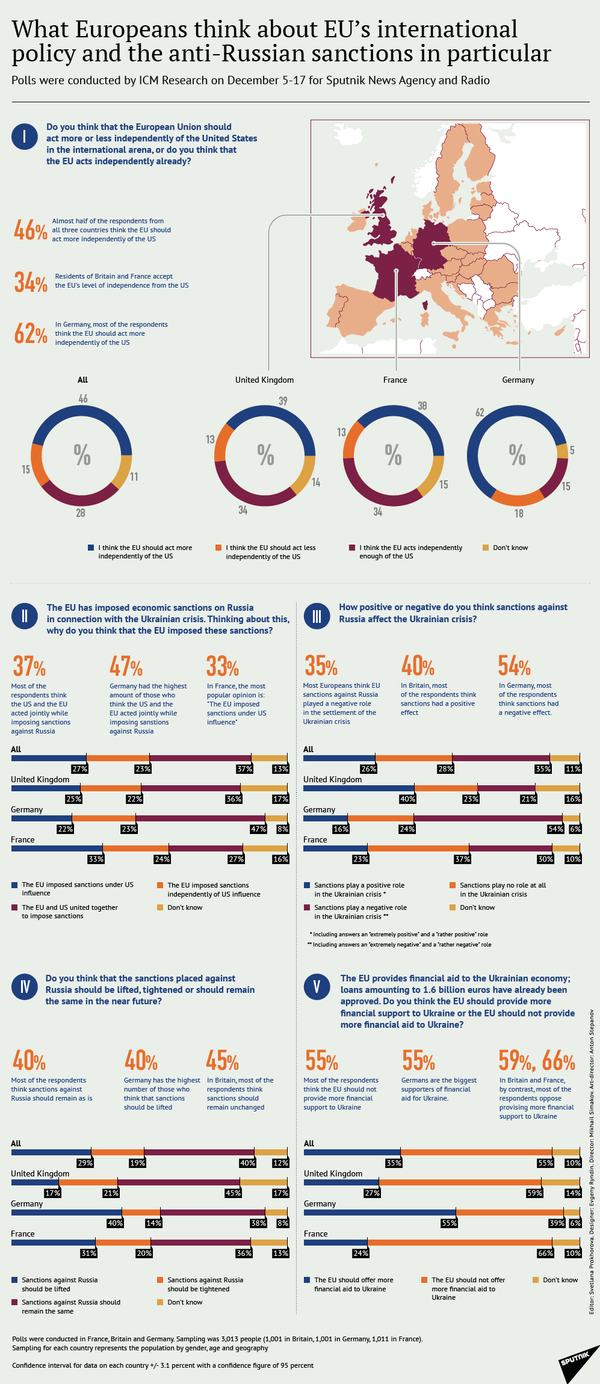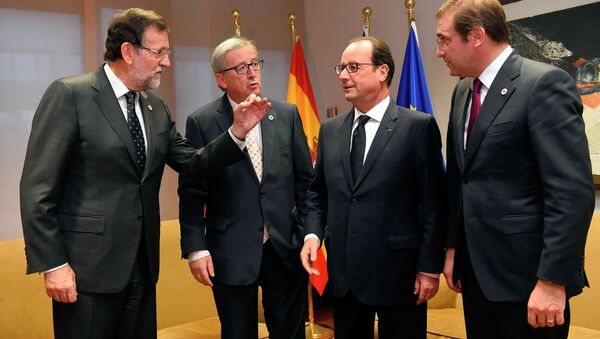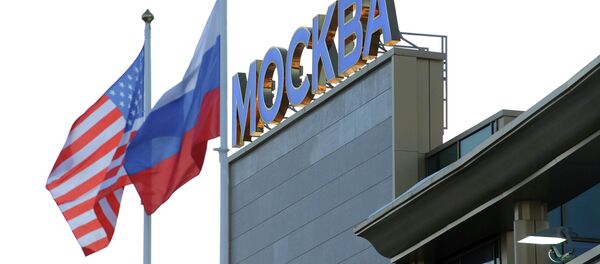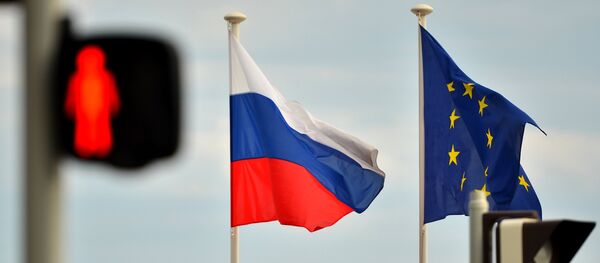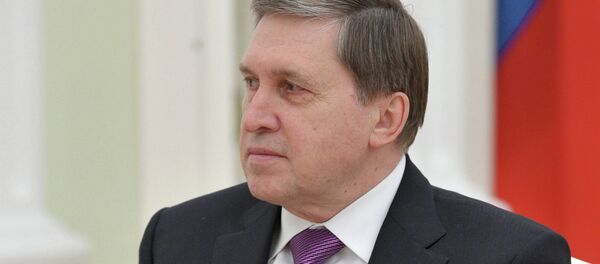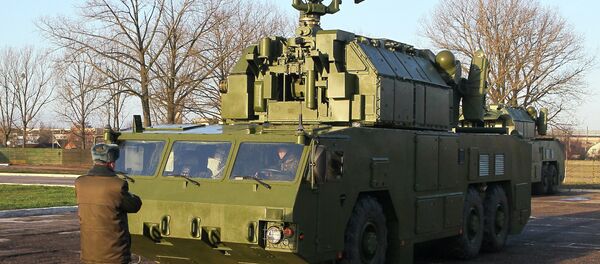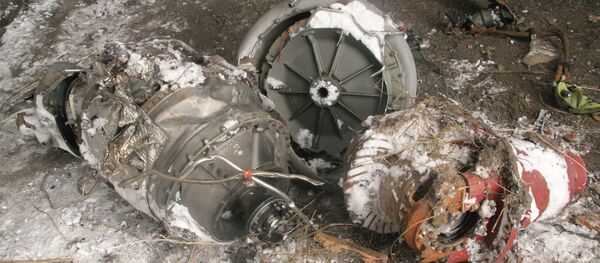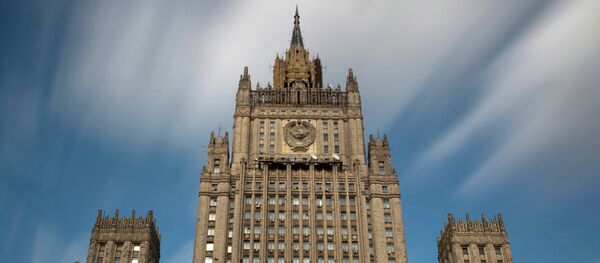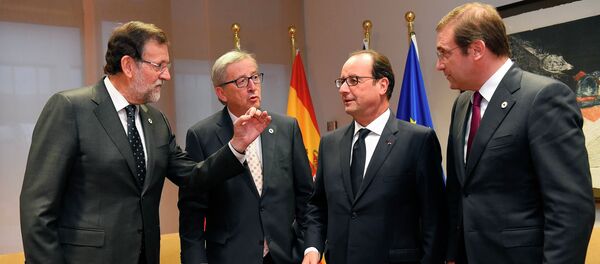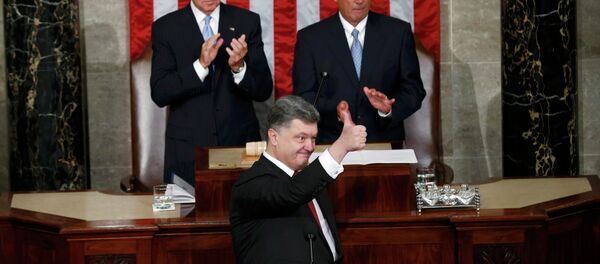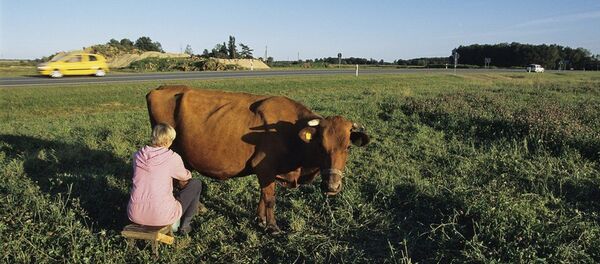The EU and US governments have been ratcheting up penalties against key sectors of the Russian economy in an attempt to cripple its banking, defense and energy industries, moves that have been met with a lukewarm response from Europe's trade powerhouses, since EU trade volumes with Russia dwarf that of the United States.
Travel Bans and Asset Freezes
Since March, the West has blacklisted dozens of Russian and Crimean officials, as well as Ukrainians they believe led the uprising in the country's east. They also targeted several Russian companies that allegedly threatened Ukrainian sovereignty. All sanctioned firms were owned or linked to Russians belonging to President Vladimir Putin's "inner circle."
Travel bans essentially meant that many Russians and Crimeans became persona non grata in Europe and the United States, although the bans did not target diplomats as the West's aim was to make Russia change its stance on Ukraine instead of isolating the country internationally.
Sanctions on Banks
Many of Russia's major banks were put on the blacklist. Important targets were the country's biggest lender associated with pension funds Sberbank, gas giant Gazprom's financial branch Gazprombank, state economic development bank Vnesheconombank (VEB), VTB Bank and agricultural bank Rosselkhozbank.
The sanctions called into question the ability of the banks to refinance their maturing loans with international investors. This prompted Russia's Central Bank to adopt in November an array of new regulations to help the country's cash-strapped financial institutions, including granting the state-run deposit insurance agency with $7.2 billion in funds. The Russian government also pumped billions of dollars into the market to shore up the liquidity of its leading companies.
Military Exports and Arms Trade
More than a dozen of Russian defense companies had their assets in the United States frozen by a Treasury executive order in July. They included weapons maker Kalashnikov Concern, missile manufacturer Almaz-Antey, as well as other arms firms producing a wide range of military equipment and electronics.
Although no clear link between Russian arms and the alleged Boeing downing was ever established, Australia, Canada and Japan also sanctioned the country following the crash.
The disaster served to justify the US government's push to have Europe broaden penalties against Russia. The move brought a mixed bag of reactions from Germany and France, which has been forced to renege on a multibillion-dollar deal with Russia for the delivery of two Mistral assault ships. In September, the European Union also added Kalashnikov and eight other military firms to its blacklist, barring them from receiving dual-use technologies from its firms.
Energy Companies and Technology Exports
The European Union targeted three major oil companies – Russia's largest oil company Rosneft, oil pipeline firm Transneft and Gazprom's oil subsidiary Gazprom Neft, all of which have been accused of undermining Ukraine's sovereignty in an unspecified manner. They have been barred from seeking finance on European capital markets.
The United States expanded its sanctions in summer, limiting access to US capital markets for Russia's largest independent natural gas producer Novatek and Rosneft, a strategic energy partner of Texas-based ExxonMobil. Washington stressed the move was designed to have maximum impact on the Russian economy while shielding US energy companies from any possible repercussions. It also set a September deadline for Exxon, Shell and Total to pull out of joint oil and gas projects with Russia.
Australia took energy sector restrictions further, stopping the delivery of uranium, used as fuel in nuclear reactors at Russian power plants, to the country.
Sanctions on Crimea
In its most recent move, the European Union barred its nationals and companies from buying real estate in the region and participating in Crimean infrastructure and mineral exploration projects. EU cruise ships have also been banned from entering and calling at Crimean ports.
Russian Response
In August, Moscow introduced a one-year ban on a variety of food imports from the United States, the European Union, Norway, Canada and Australia. The move was greeted by Russia's partners in the nascent Eurasian Economic Union, as well as Turkey and South American countries who said they were keen to fill the void in the market.
